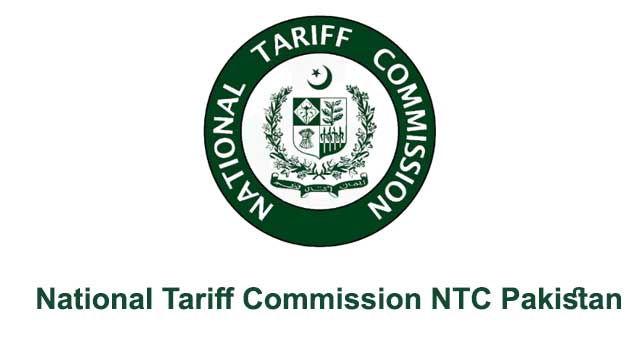Islamabad June 19 2025: The Government of Pakistan unveiled the draft National Tariff Policy (NTP) 2025–30 during the National Regulatory Reforms Conference organized by the Board of Investment (BoI).
The policy aims to benefit key sectors including textiles, engineering, pharmaceuticals, and IT, while encouraging investment and reducing production costs across the board.
The conference, aimed at advancing regulatory simplification and industrial competitiveness, brought together federal ministers, diplomats, and private sector representatives for a strategic dialogue on Pakistan’s economic direction.
Mr. Rana Ihsaan Afzal, Coordinator to the Prime Minister on Commerce, represented the Ministry of Commerce and delivered the keynote address on the Minister’s behalf.
In his speech, Mr. Afzal underscored the government’s strong commitment to rationalizing Pakistan’s tariff regime, simplifying business processes, and fostering export-led growth. He stated:
“The National Tariff Policy 2025–30 is designed to create a predictable, transparent, and investment-friendly tariff structure. By facilitating duty-free access to raw materials, phasing out Additional Customs Duties (ACDs) and Regulatory Duties (RDs), and supporting nascent and green industries, this policy paves the way for innovation, employment generation, and sustained economic growth.”
The NTP 2025–30 outlines ambitious reform goals, including the phasing out of ACDs in four years, elimination of RDs and the 5th Schedule within five years, and the establishment of a simplified four-slab Customs Duty structure (0%, 5%, 10%, 15%). The policy aims to benefit key sectors including textiles, engineering, pharmaceuticals, and IT, while encouraging investment and reducing production costs across the board.
Rana Afzal highlighted that the implementation will begin with the reduction of tariffs on approximately 7,000 tariff lines, largely focused on raw materials and intermediate goods, yielding an estimated PKR 200 billion in benefits to trade and industry.
“These reforms will enable Pakistan’s industries to scale, compete globally, and shift towards higher value-added exports,” he said. “With these changes, we anticipate not just stronger GDP growth, but also increased employment, improved industrial productivity, and enhanced investor confidence.”












